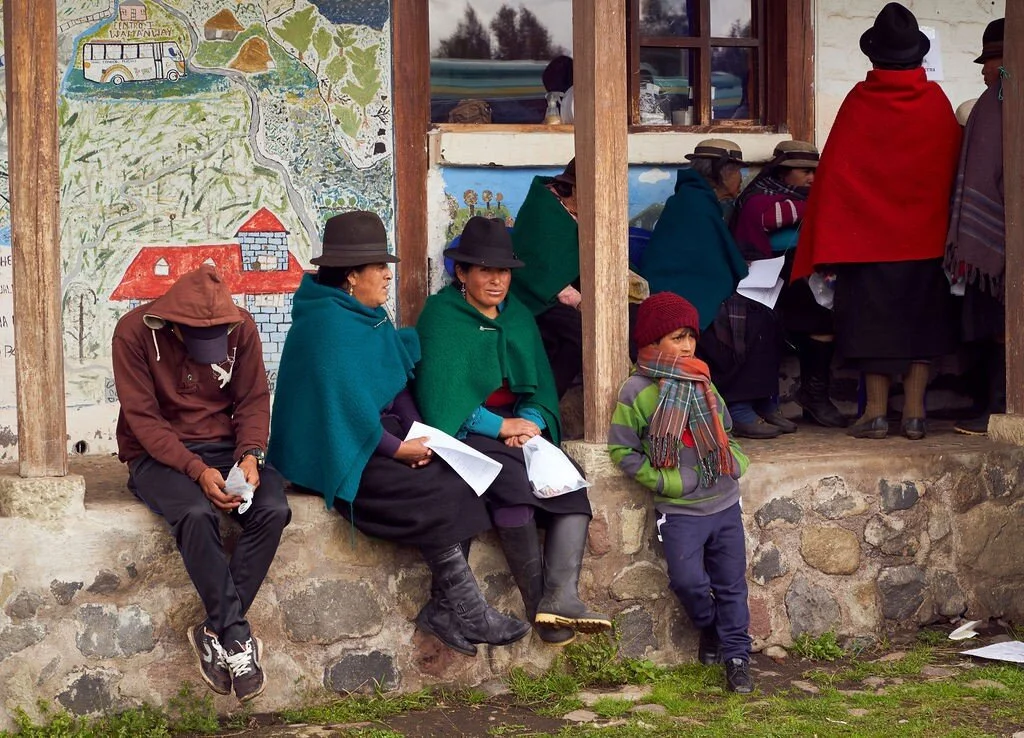The next great divergence is upon us and it is happening more rapidly than ever before. I am talking about the advancement of healthcare in developed countries progressing faster due to new technology, while those at the bottom of the pyramid are caught in healthcare stagnation.
This starts with the adoption and implementation of digital health records in rural communities. Digital health records have allowed populations in developed countries to reap the benefits of more information- allowing deeper analysis of trends within populations to catch diseases before they take a stronghold in communities. Gathering population data- both biometric and disease-specific allows us to screen patients while tracking known diseases to improve the care provided.
Unfortunately, the lack of healthcare access in a lot of rural communities is limiting; and is exacerbated by the fact that the care provided is by resource-constrained NGOs on a yearly or bi-yearly basis. This prevents practitioners in the field from truly understanding their patients (because a new paper health record is made each visit) and propagates the vicious cycle of poor healthcare in rural communities.
The nonprofit I helped create started to provide this basic level of care to some of the poorest communities in rural Ecuador. Over the past three years, we have gone back to communities in the Chimborazo Province to try and provide some consistency in healthcare to the region. Unfortunately, health records are still recorded on pen and paper and are largely not useful after the patient visit.
This year, we created a mobile healthcare records system, TrekCollect, that aims to digitize patient records in these communities to provide better and more consistent healthcare over time. By bringing these communities into the digital health era, we can learn more about the population we are treating, and hopefully direct more disease-specific resources to communities that need it the most. Specifically, this year we screened for cervical cancer, depression, cataracts, and hypertension as they are the most common issues in these specific populations. Moreover, by intervening on these diseases tracked, over time it can start to limit the inequality that we see in healthcare in different areas around the world.
It goes without saying that there are some incredible challenges associated with implementing a functioning system like this in the field and coordinating local organizations to adopt and communicate about their patient population. This year in the Chimborazo Province outside of Riobamba, Ecuador, Trek Coalition piloted a mobile EHR (electronic health records) system in the field that works completely off of WiFi. Out of the 800 patients that were seen by Trek Coalition, around 200 were recorded on the new system. While the system is still quite primitive, it works effectively and with funding in the future, we will be able to enhance it to the standard that is necessary for in-country organizations to adopt.
To the left is the home screen of TrekCollect, the mobile EHR system that just completed its first pilot in the field. As this project grows and develops, practitioners and organizations will be able to better understand the health trends in these hard to reach populations so that more specific resources can be allocated to these communities. In the field, I encountered a number of challenges with the system that should be addressed before an NGO will be able to use this full time. These challenges are not new and are probably why a system like this hasn't been uniformly adopted in these communities.
Challenges in the field:
Everyone has to be on the same page- There cannot be multiple record systems whether digital or paper-based being used at the same time. This drastically increases tedious data entry time and doesn't provide extra value to patients. Patient records should happen real-time on one system across the clinic.
Must be seamless for doctors- Doctors have to be the focal point of the user experience as the data entry should happen as the doctor interviews and assesses the patient. Anything that inhibits the flow of the interview with the patient is useless and will not be adopted seamlessly across healthcare practitioners.
Data integrity is key- The value of digital health records is in the accuracy of the information recorded. That means that techs or volunteers that are taking vital signs must be accurately measured and recorded for this system to have any value. Proper training and commitment to accurate results in blood pressure, pulse rate, etc. is critical to ensure that health data is accurate.
Moving forward, we are raising a pre-seed round for the TrekCollect project in order to build a system that addresses the flaws of the pilot from this past week. By doing so, we will be able to create a better solution that can fill this major gap that has yet to be adequately addressed by nonprofit organizations across the world. The relationships that Trek Coalition currently has in rural Ecuador will be an excellent springboard to implementing a functioning mobile EHR system in the near future.
Below is a demo of our proposed solution that will be able to collect valuable health information without WiFi, and connect coordinating organizations to direct more disease-specific resources to people that need them the most.








